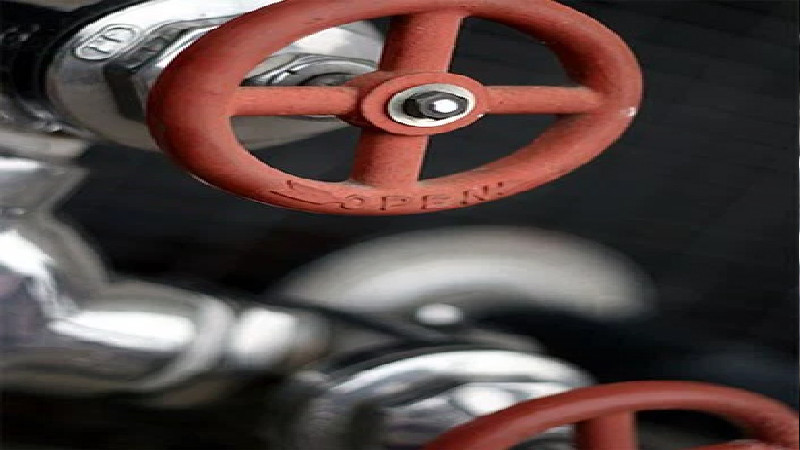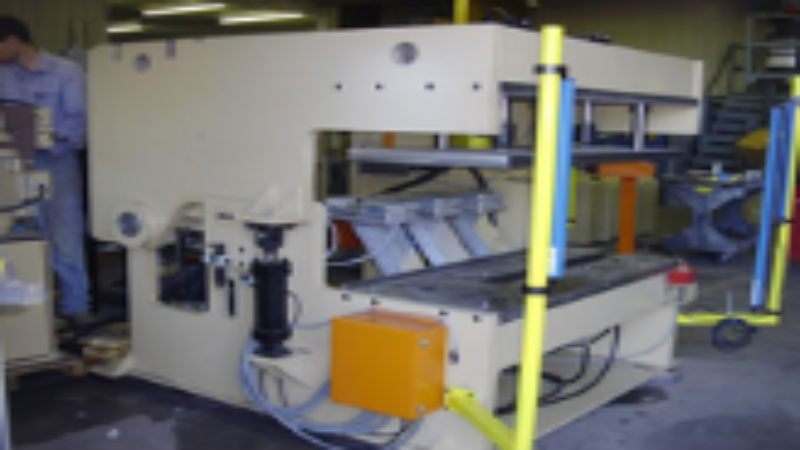Hydraulics is used in thousands of applications around the world for manufacturing, constructing and heavy industrial applications. Whether you are looking for a standard replacement part for a common brand of bulldozer, or you have a need for a custom made piece for an aircraft, single acting hydraulic cylinders are one of the most common heavy industrial parts used by today’s manufacturers and large construction jobs. With a small application of science and mechanical understanding, hydraulics can be used to extend or retract individual machines in ways that would take a dozen workers and a large amount of time and effort.
The various uses for hydraulic cylinders
Hydraulics can be used in smaller hand tools such as nail guns, jackhammers or pressure cutters; they can also be used in massive machines such as cranes, snow plows, and backhoes. Hydraulics also have the benefit of being able to work perfectly well underwater in marine and freshwater environments for ecological exploration and sampling, ship salvage, offshore platform construction, dam construction and oil well building. Welded cylinder units are less prone to leaking their pressurized oil or other fluids into the water around them, and are often chosen as the hydraulic tools to be used at depth by divers building oil rigs or dismantling sunken vessels for collection at the surface. Winches on the boat used to drag up the sunken vessel are often powered by hydraulics, as are the cranes used to lift the debris from the water and onto the collection barge.
Knowing your particular needs and ratings
Cylinders can come in a massive array of premade, and custom sizing is depending on the application it will be used for. They can be as small as a 6-inch stroke or a 60 inch. The rated payload can be under 2,500 pounds for hand tools or more than 35,000 pounds for excavators or cranes. Operating temperatures can vary as well, depending on where the cylinder will be put to use. Some can be built to work properly in temperatures 20 degrees or lower while others can easily withstand high heat applications of 230 degrees or more. Many welded single acting cylinders can be used in underwater jobs as well, such as oil platform construction or ship salvaging operations. Welded cylinders are much more secure than their counterparts and are less subject to leaking the hydraulic fluid into the nearby water.



